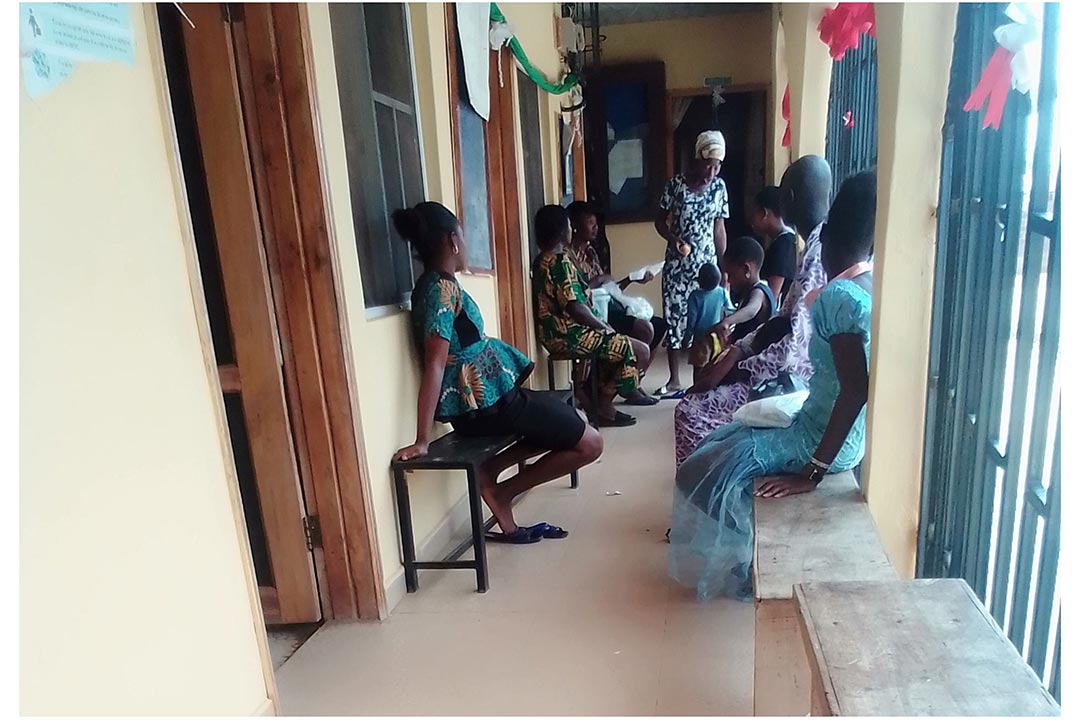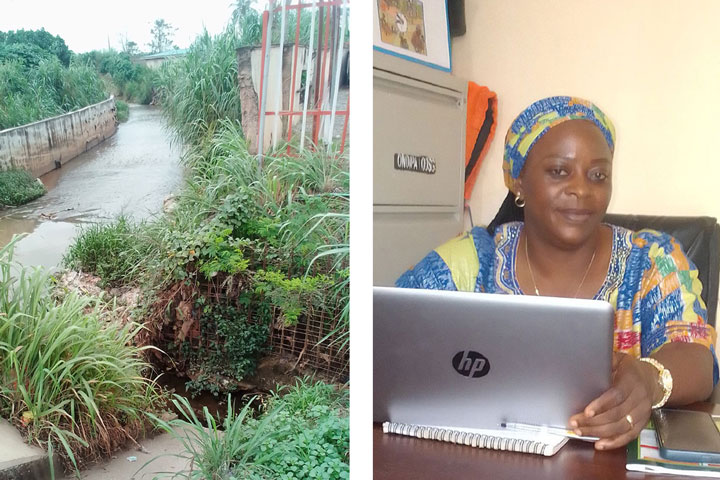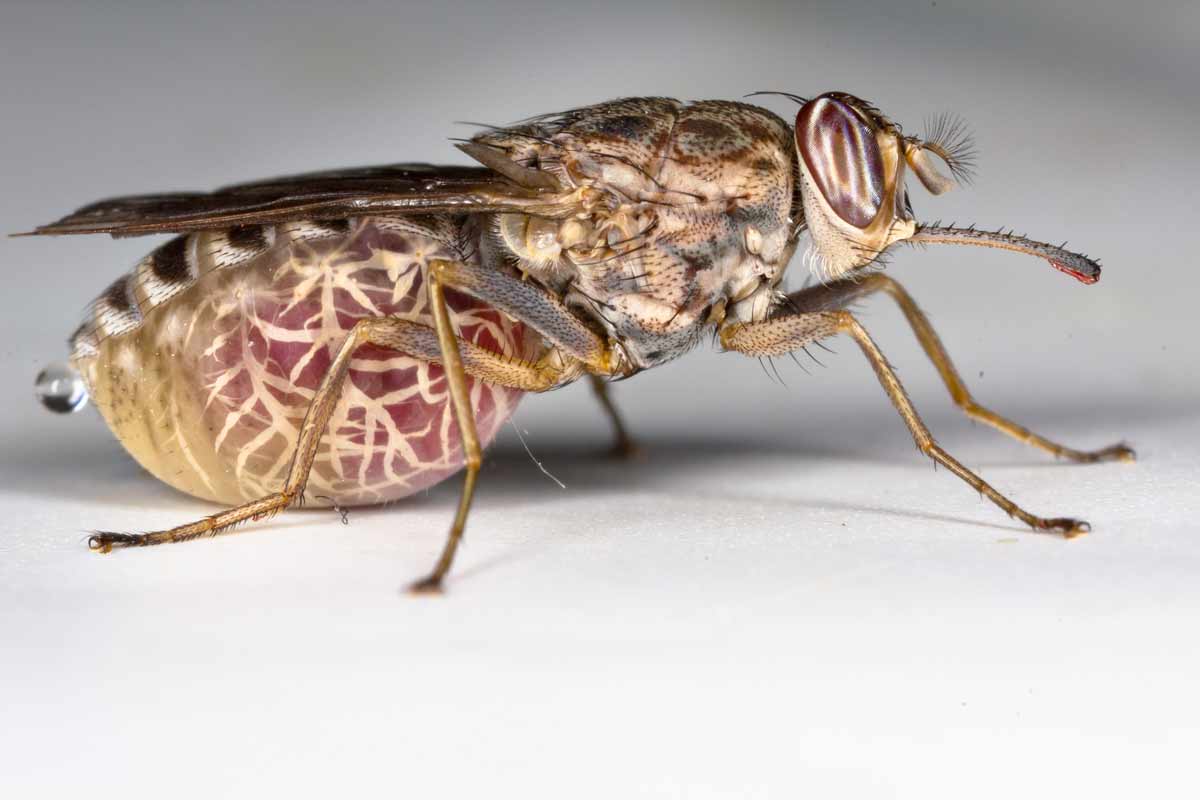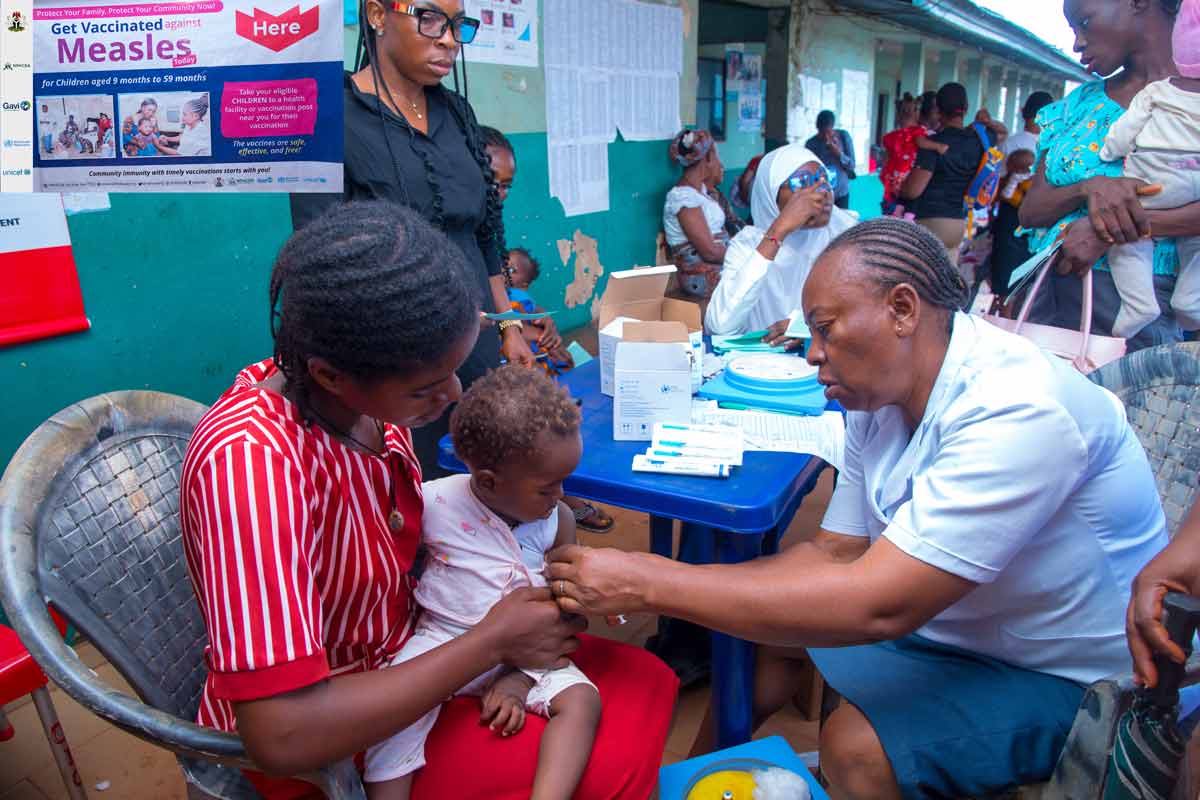Time to hope for a Lassa fever vaccine?
Lassa fever is brutal, deadly, has pandemic potential, and is only getting more dangerous as the world’s climate changes. A vaccine can’t come soon enough. Is the candidate currently in Phase 2 trials in West Africa on track for success?
- 15 July 2024
- 5 min read
- by Adetokunbo Abiola
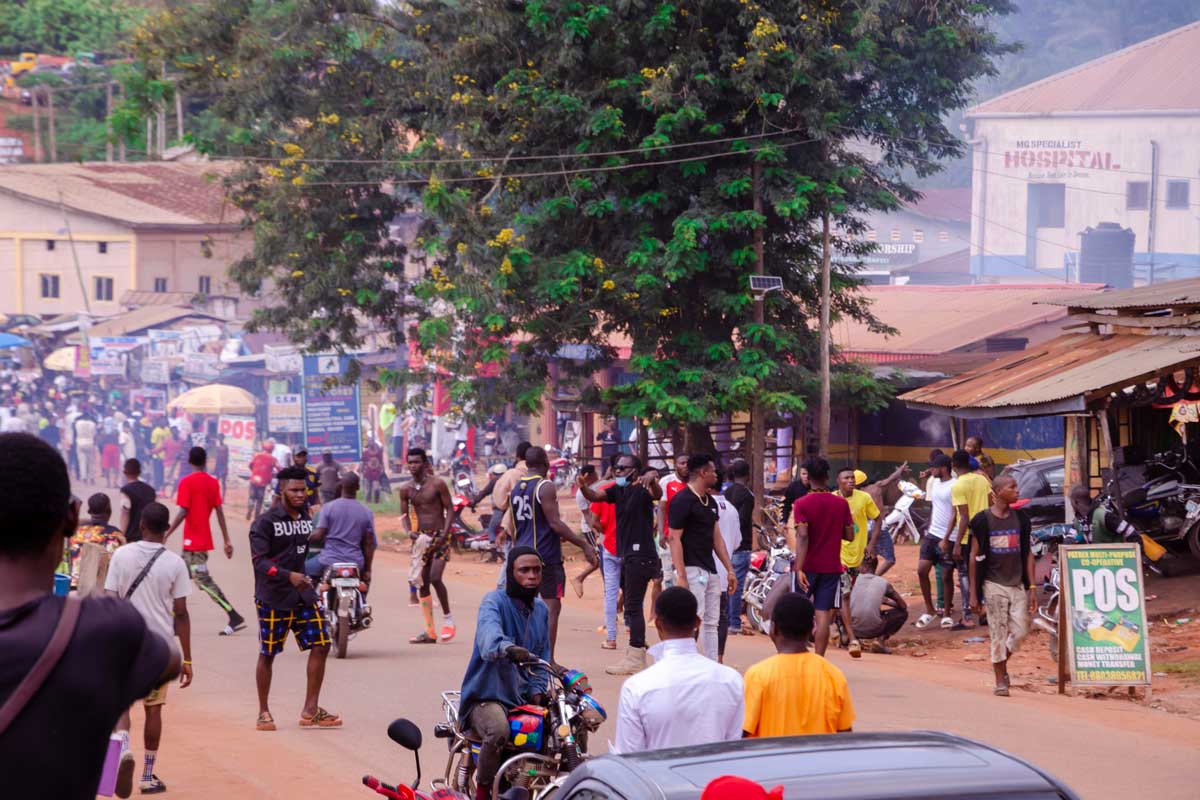
Since doctors first identified Lassa fever in 1969, when four missionary nurses died from the viral haemorrhagic illness in the town of Lassa, north eastern Nigeria, outbreaks have taken place frequently, with 27 states recording at least one confirmed case in 2024.
The disease course is painful: general weakness and fever give way in a few days to headaches, sore throats, muscle pains, chest pains, nausea, vomiting, diarrhoea, coughs and abdominal pains. In severe cases, facial swelling, fluid in the lung cavity, bleeding from every orifice and low blood pressure may precede shock, seizures, coma and finally, death.
Across West Africa, the virus infects an estimated 100,000 to 300,000 people annually, with 5,000 deaths.
“The vaccine's availability will depend on the outcomes of these trials, ongoing regulatory engagement, and the development of local clinical trial capacities. If these steps proceed successfully, we could see a licensed vaccine within the next decade.”
- Katrin Ramsauer, Programme Lead, CEPI
But agreeable news emerged this year, with scientists reporting that a candidate vaccine is making progress through trials.
During the first Phase 2 clinical trial for any Lassa vaccine candidate, participants got vaccinated at the HJF Medical Research, Abuja, Nigeria, to accelerate the development of vaccines against the disease.
“As Africa’s most populated country, Nigeria is playing an important leadership role in advancing the development of a vaccine – one prioritised by the WHO, given Lassa’s potential to cause a public health emergency of international concern. So, by participating in this trial, Nigeria is helping to pave the way for a future vaccine, supported by the collaboration with local health agencies,” Gaudensia Mutua, Medical Director for IAVI, told VaccinesWork.
Meet the candidate
The candidate vaccine was developed by IAVI, with partners such as Coalition for Epidemic Preparedness (CEPI), the HJF Medical Research International, and the European and Developing Countries Clinical Trials Partnership (EDCTP).
“Nigerian clinicians, scientists and community members are key leaders in this international collaboration, which will ensure that vaccine development incorporates local context, experience and perspectives while fostering sustainable in-country research capacity and partnerships,” Dr Abdulwasiu Bolaji Tiamiyu, clinical research centre director, HJFMRI, and principal investigator for the vaccine trial in Nigeria, said in a statement.
The mechanism for the vaccine comes from the modification of an attenuated or weakened strain of vesicular stomatitis virus (VSV), which will mimic a Lassa fever virus protein that plays an essential role in establishing a viral infection. In relying on the recombinant VSV vector platform, the Lassa candidate vaccine is following in the footsteps of ERVEBO, Merck’s single-does Zaire ebolavirus vaccine, which has already been widely licensed.
IAVI licensed the technology from the Public Health Agency of Canada for the development of a vaccine.
Have you read?
The trial
The current trial aims to evaluate the vaccine candidate's safety, tolerability, and immunogenicity at two different dosage levels in adults, including in people living with HIV, as well as in adolescents and children two years of age and under.
About 612 participants will be enrolled and monitored for six months after vaccination, with a subset of participants monitored for an additional two years for extended safety and immunogenicity.
The additional participants will be enrolled at the Noguchi Memorial Institute for Medical Research in Ghana and the Partnership for Research on Vaccines and Infectious Disease in Liberia, so the goal of vaccine availability can be achieved within the next decade.
“The vaccine's availability will depend on the outcomes of these trials, ongoing regulatory engagement, and the development of local clinical trial capacities. If these steps proceed successfully, we could see a licensed vaccine within the next decade, contingent on trial results and regulatory approvals,” Katrin Ramsauer of CEPI told VaccinesWork.
IAVI scientists at its Human Immunology Laboratory (HIL) in London will process participants' samples and conduct the analysis required to evaluate the participants' immune response. Their results will be made available in 2025 through open-access publications and scientific meetings to ensure all can gain from the exercise.
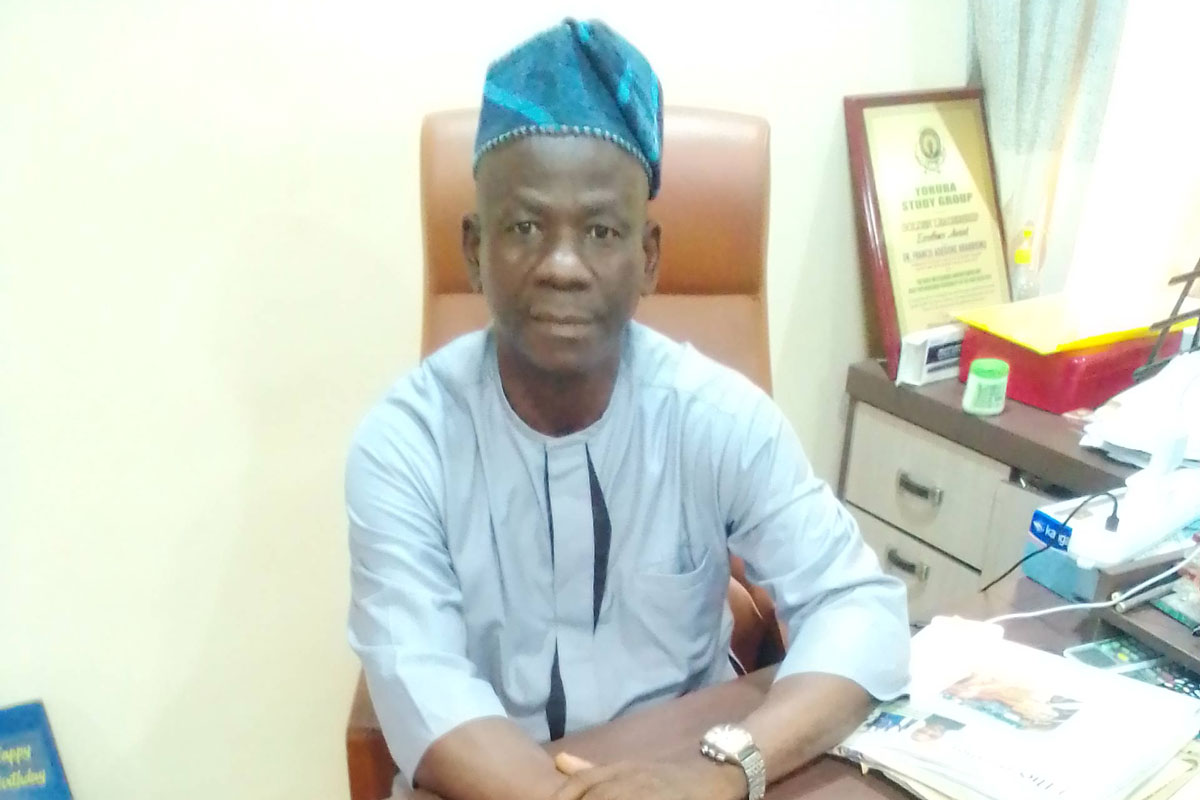
Ticking clock
But in the meantime, climate change is changing the game. A study conducted by researchers at Scripps Research and the University of Brussels in 2022 published in Nature Communications found that the global population living in reach of Lassa infection could expand to 600 million people as a result of climate change and other factors, Oyeronke Oyebanji, head of Lassa Engagement for CEPI in Nigeria, told VaccinesWork.
However, at least until this point in its long and exacting assessment journey, the Lassa fever vaccine candidate is on the right track. The Phase 1 trial conducted in the United States and Liberia ended in the conclusion that the candidate was well-tolerated and immunogenic among participants, with robust immune responses appearing to be sustained for up to one year after vaccination. Still, there’s a long and uncertain road ahead before the candidate comes into widespread use.
On the ground
Meanwhile, at-risk populations look forward to an immune shield. Residents of Ondo State in Nigeria are among those with the most to gain, as Ondo, Edo and Bauchi States account for about 77% of Lassa fever cases recorded to the end of 2023.
"Ondo State has been having the problem of Lassa fever for some time," Dr Francis Akanbiemu, the Permanent Secretary, Ondo State Primary Health Care Agency, told VaccinesWork. "The problem even happened some months ago. We have been controlling it through our health initiatives. However, we are happy that scientists are developing vaccines for Lassa fever, because everyone knows they will be useful in tackling the outbreaks of the disease."
